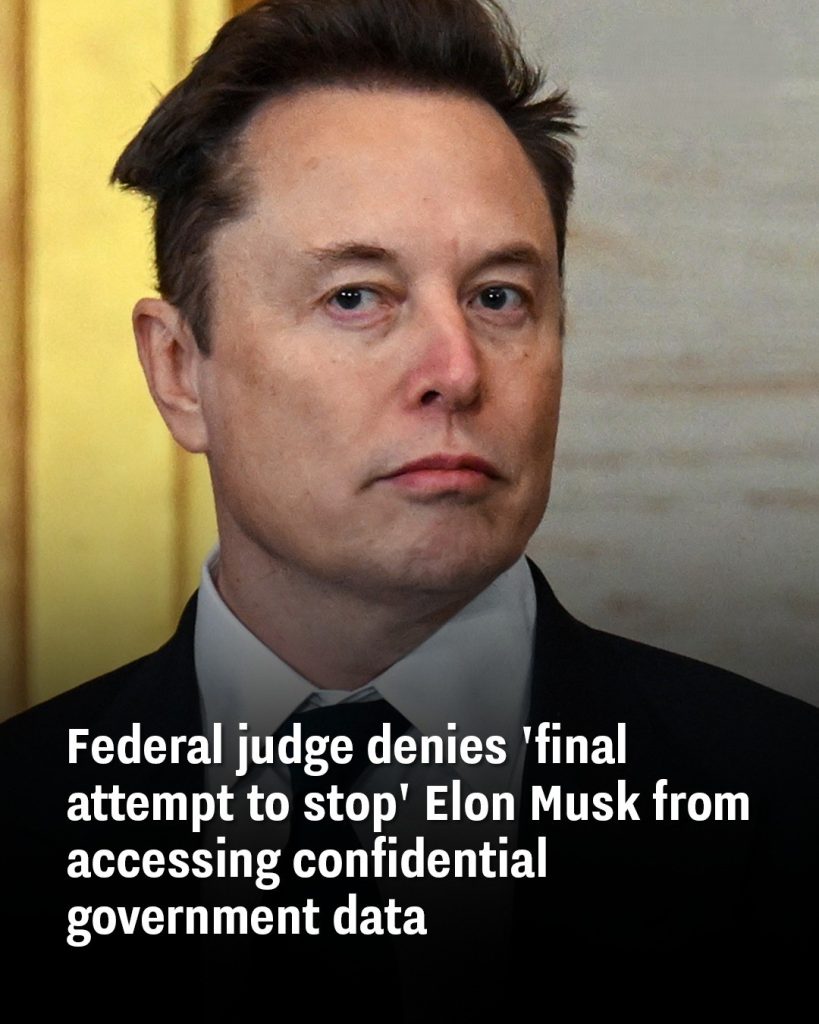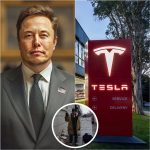Elon Musk, the CEO of Tesla, SpaceX, and several other high-profile ventures, has long been a central figure in the U.S. government’s efforts to advance space exploration, clean energy, and artificial intelligence. His company SpaceX is a key contractor for NASA and the U.S. Department of Defense (DoD), handling critical satellite launches, resupply missions to the International Space Station, and national security projects.
Musk’s ties to government agencies have only deepened with the increasing reliance on SpaceX’s Starlink internet service, particularly in regions affected by geopolitical conflicts. Tesla, on the other hand, has received significant government subsidies and tax breaks in its pursuit of electric vehicle (EV) dominance and renewable energy innovations.
However, this close relationship with government entities has not come without controversy. Concerns over Musk’s influence and potential access to sensitive data prompted lawmakers and government watchdogs to file motions to restrict his ability to view certain classified or confidential materials. These parties argued that granting Musk access could lead to conflicts of interest or even unintentional exposure of sensitive information.
The Legal Battle
The legal wrangling began over a year ago, with multiple attempts by advocacy groups and government oversight officials to block Musk’s access. The primary argument revolved around Musk’s unconventional behavior and public statements, which opponents claimed made him a “risk factor” for data security. Some critics pointed to his active social media presence and high-profile disputes with government officials as evidence of potential volatility.
Musk’s legal team, however, argued that the billionaire’s access to confidential data was essential to ensuring operational success and meeting contractual obligations. They highlighted his companies’ record of compliance and the vital role SpaceX plays in national security and technological innovation. The team also argued that Musk’s exclusion would impede ongoing projects, delay critical missions, and discourage future private-sector partnerships with the government.
The Judge’s Ruling
In the final ruling, the federal judge sided with Musk, stating that the legal challenges failed to provide sufficient evidence of any direct threat posed by his access. The judge acknowledged concerns over Musk’s public persona but emphasized that his professional track record outweighed potential risks.
“The court recognizes the significant role played by Mr. Musk in advancing U.S. space, energy, and communications initiatives,” the judge’s statement read. “To deny him access to essential data would be both impractical and detrimental to ongoing government operations.”
The ruling effectively nullifies any further legal challenges unless new evidence emerges.
Implications and Public Reaction
The decision has sparked widespread debate across political, business, and public spheres. Proponents of the ruling praised the court’s recognition of Musk’s contributions to national innovation and the necessity of fostering closer public-private partnerships. Industry analysts pointed out that restricting access for key figures like Musk could deter private companies from working with the government, ultimately slowing down progress in critical sectors.
On the other hand, critics warn that the ruling sets a dangerous precedent. “By allowing such access without strict oversight, we risk creating a scenario where private interests wield disproportionate power over public policy and national security,” said one government watchdog official.
Lawmakers have also expressed mixed opinions. While some applauded the decision, others called for new legislative measures to establish stricter oversight protocols for individuals with access to sensitive government data.
Musk’s Response
As of now, Elon Musk has not issued a public statement regarding the ruling. However, those close to the billionaire suggest that he views the decision as a validation of his efforts to push technological boundaries and enhance U.S. competitiveness on the global stage.
Musk’s next moves will be closely watched, particularly in light of his companies’ expanding roles in government operations. SpaceX is currently slated to launch several high-profile missions in the coming months, and Tesla continues to position itself as a leader in the EV and renewable energy markets.
Conclusion
The federal judge’s decision to deny the final attempt to block Musk’s access to confidential government data represents a significant turning point in the evolving relationship between private-sector innovators and public institutions. While the ruling has resolved this particular legal battle, the broader debate over data access, security, and corporate influence is far from over. As Musk continues to expand his reach across multiple industries, the question of how to balance innovation with oversight will remain a critical challenge for policymakers and regulators alike.


